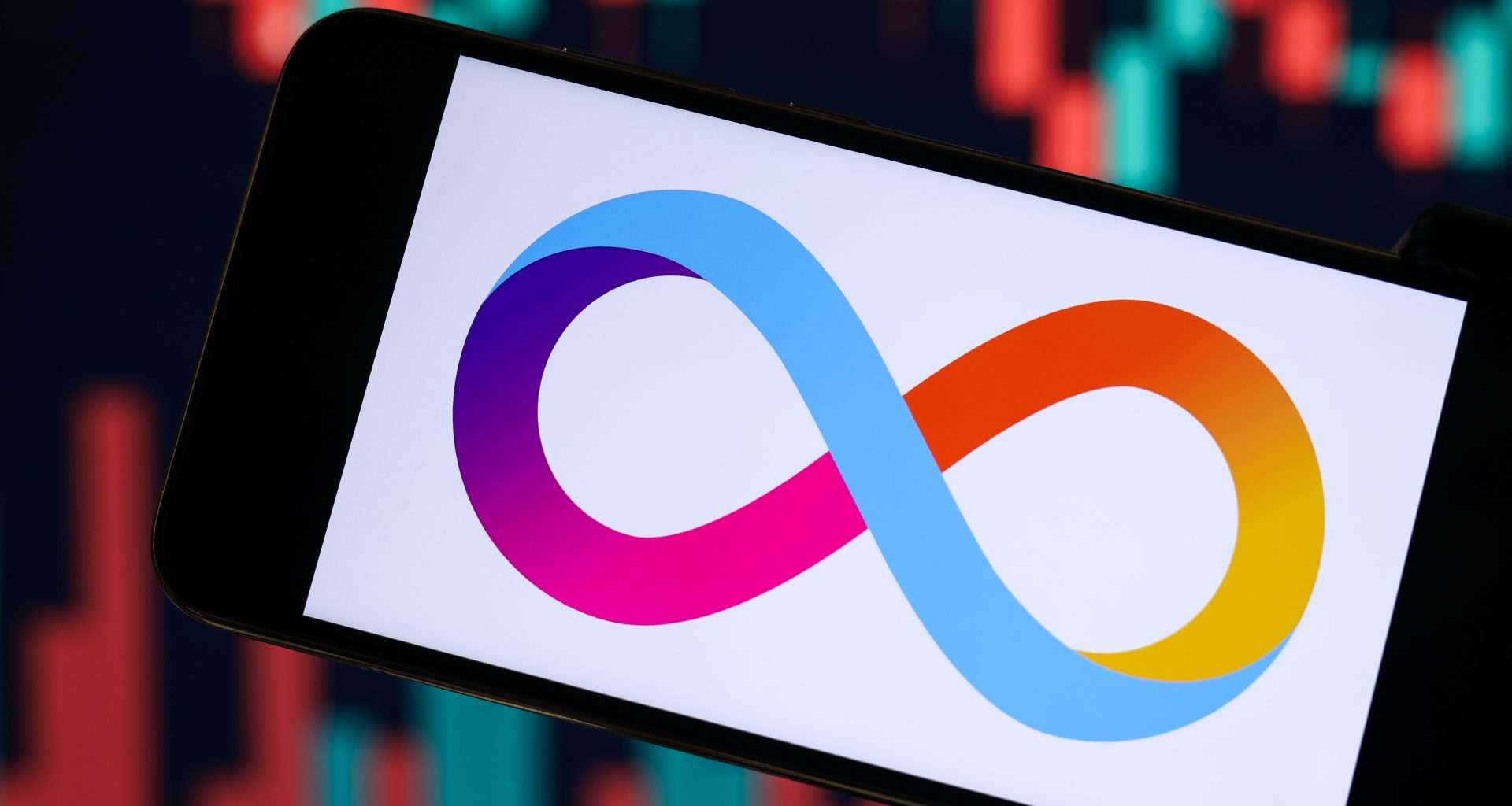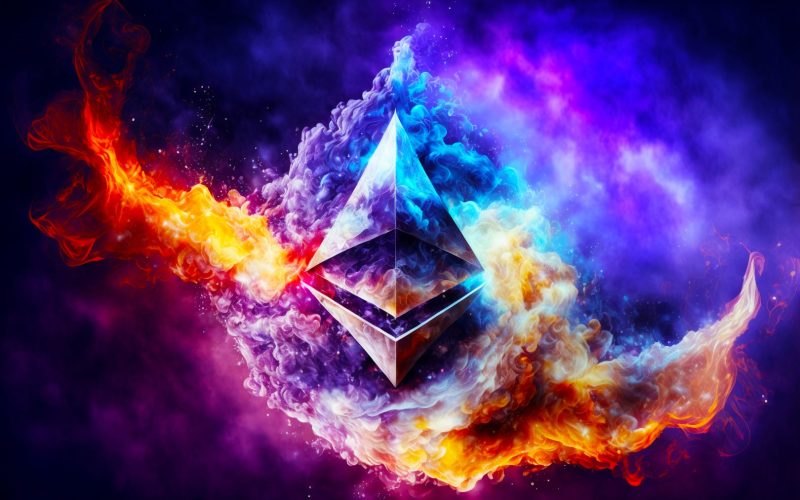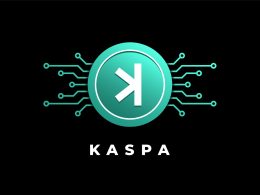The blockchain landscape is constantly evolving, with new technologies and innovations shaping the future of decentralized systems. Among these emerging technologies, the Internet Computer (ICP) is rapidly gaining recognition as a groundbreaking Layer 1 blockchain. Launched by the DFINITY Foundation, ICP aims to revolutionize the way we use and build decentralized applications (dApps) by enabling a fully decentralized internet. As we look ahead to 2025, Internet Computer could become one of the most critical blockchain projects in the space, outpacing many of its competitors.
In this post, we’ll explore why ICP has the potential to become a dominant force in the blockchain world, breaking down its unique technological capabilities, long-term vision, and strategic positioning. From its ability to scale and run at web speed to its efforts to integrate with Web3 and Artificial Intelligence (AI) technologies, ICP may become a foundational pillar of the decentralized internet by 2025.
A Truly Decentralized Web: The Vision of Internet Computer
The overarching goal of the Internet Computer is to create a truly decentralized internet that can operate at scale, offering a better, faster, and more secure alternative to the current centralized web infrastructure. Many Layer 1 blockchains, like Ethereum or Solana, focus on decentralized applications but still rely on traditional infrastructure (cloud servers, for example) for data storage, scalability, and performance.
ICP takes this a step further by providing decentralized computing resources that can run websites, enterprise systems, and complex dApps without the need for centralized cloud services. Here’s how ICP sets itself apart:
Web-Speed Performance
ICP’s blockchain operates at web speed, allowing it to process transactions and serve data as quickly as traditional web services. This gives it a significant advantage over existing blockchain systems that are often hampered by slower transaction times and higher costs.
With fast transaction finality and scalability, ICP aims to enable decentralized applications that rival or surpass traditional web applications in terms of performance. This capability positions ICP as a natural choice for developers looking to build scalable dApps without the limitations of other blockchains.
Elimination of Cloud-Based Infrastructure
Unlike most blockchains that depend on cloud providers such as AWS or Google Cloud for hosting data, Internet Computer can store, serve, and manage data natively on-chain. This complete decentralization means that applications, websites, and services can be fully hosted on a blockchain-based network without reliance on centralized infrastructure, making the system truly decentralized end-to-end.
By eliminating the need for centralized servers, ICP also provides a level of security and censorship resistance that few other platforms can match, offering a powerful alternative to today’s cloud-dominated internet.
Scalability Without Sacrificing Decentralization
One of the biggest challenges facing blockchain technology is achieving scalability without compromising decentralization or security, a problem often referred to as the blockchain trilemma. While blockchains like Solana and Ethereum have made significant strides in scaling their networks, ICP addresses this issue in a unique way that could make it the go-to platform for decentralized applications at scale.
Infinite Scalability Through Chain Key Technology
ICP’s breakthrough Chain Key Technology enables it to scale horizontally, allowing the blockchain to handle an infinite number of smart contracts and users without sacrificing speed or security. This is achieved through a distributed network of data centers that can process data in parallel, resulting in nearly unlimited scalability.
Unlike most Layer 1 chains that experience bottlenecks as more users join the network, ICP can seamlessly add more nodes and data centers to increase capacity. This makes it particularly well-suited for large-scale applications, ranging from DeFi platforms and social networks to complex enterprise systems.
Subnet Replication and Data Sharding
To further enhance its scalability, ICP uses a technique called subnet replication, which is similar to sharding in other blockchains. This allows the network to split data across different subnets, ensuring that no single node or group of nodes becomes a bottleneck.
With this infrastructure, ICP can process an ever-growing number of transactions, smart contracts, and dApps without slowing down the network. This scalability makes it well-positioned to support the next generation of decentralized applications that require fast, reliable, and scalable solutions.
Integration with Web3 and AI Technologies
As the blockchain ecosystem moves toward Web3 and AI-driven technologies, ICP is positioning itself at the forefront of this revolution. In 2025, the convergence of decentralized finance (DeFi), Web3, and AI is expected to drive innovation across industries, and Internet Computer’s capabilities make it a natural fit for these emerging fields.
Supporting Web3 and Open Internet Services
ICP is a key player in the Web3 movement, enabling developers to build open internet services that are decentralized, transparent, and resistant to censorship. These services can be accessed directly through browsers without the need for intermediaries, further decentralizing control away from tech giants and centralized corporations.
The development of open decentralized apps (open dApps) on ICP is particularly noteworthy because these apps don’t rely on closed platforms like Google or Facebook to operate. Instead, they are controlled by decentralized networks, offering users a more transparent and democratic way to interact with the digital world.
AI-Driven dApps and Automation
ICP’s infrastructure is also well-suited for integrating with AI technologies. In the coming years, AI will play a pivotal role in automating tasks, analyzing data, and even making decisions in decentralized systems. By allowing AI applications to run on decentralized infrastructure, ICP creates an environment where AI and blockchain can work together seamlessly.
As industries such as healthcare, finance, and supply chain management look to automate processes using AI, ICP’s decentralized and scalable infrastructure will make it easier to integrate AI into blockchain systems. This could lead to the development of AI-driven dApps, which could revolutionize entire sectors by automating complex decision-making processes in a secure, transparent, and decentralized way.
Security and Governance: A New Standard for Decentralization
Security has always been a critical issue in blockchain technology, especially as networks grow and handle more valuable data. ICP’s approach to security and governance sets it apart from other Layer 1 blockchains, ensuring that the network remains secure, decentralized, and resistant to attacks.
The Network Nervous System (NNS)
ICP’s innovative Network Nervous System (NNS) is a decentralized governance protocol that controls the network’s infrastructure. Unlike other blockchains where governance is often centralized among a few key stakeholders, the NNS allows token holders to participate directly in network governance.
Through voting mechanisms, the NNS can upgrade the protocol, deploy new subnets, and even fix issues in real-time, making the network highly adaptable and secure. This decentralized governance model ensures that ICP evolves according to the community’s needs while maintaining robust security standards.
End-to-End Security
ICP’s architecture also provides end-to-end security, which means that all data is encrypted and validated from the point of creation to the point of retrieval. This eliminates the need for trusted third parties, reducing the attack surface and making the network far more secure than traditional centralized systems.
Additionally, ICP’s use of threshold cryptography ensures that data remains secure even in the event of node failures or cyberattacks, providing unparalleled security guarantees.
ICP’s Roadmap to 2025: Growth and Innovation
Looking ahead to 2025, ICP’s roadmap is filled with innovations that will further cement its place as one of the most important blockchain projects. The DFINITY Foundation is actively working on several key developments that could significantly impact the blockchain space:
Expansion of Data Centers
To further decentralize the network and improve scalability, ICP plans to add more data centers across the globe. This will increase the number of nodes participating in the network, enhancing its security and performance.
DeFi and NFT Ecosystem Growth
ICP is also looking to expand its footprint in the DeFi and NFT sectors. By enabling faster and more efficient decentralized finance applications, ICP could attract a wave of developers looking for a scalable solution to build complex financial instruments. Additionally, its scalable infrastructure makes it ideal for hosting NFT platforms, which require fast transaction speeds and low costs.
AI Integration and Autonomous Applications
By 2025, ICP aims to fully integrate AI with blockchain, allowing for the creation of autonomous applications that can operate without human intervention. This will open up new possibilities for decentralized governance, AI-driven financial models, and even self-executing contracts that can learn and evolve over time.
Why ICP Could Lead the Blockchain Space in 2025
The Internet Computer (ICP) offers a vision for the future of blockchain that extends far beyond traditional financial applications. By enabling a fully decentralized internet that can operate at web speed, integrating with emerging AI technologies, and providing scalable and secure infrastructure, ICP is uniquely positioned to become one of the most important blockchain projects by 2025.
With its potential to revolutionize not only blockchain but also how we interact with the web and digital services, ICP may very well surpass its competitors, including Solana, in terms of impact and adoption. As we move closer to the decentralized internet of the future, ICP’s role as a key player will only become more apparent.








